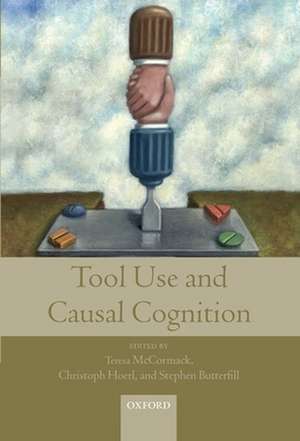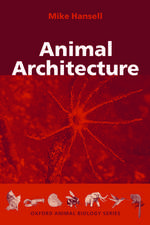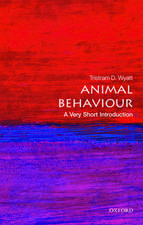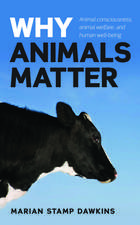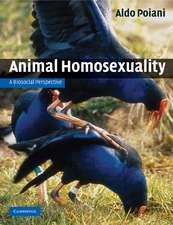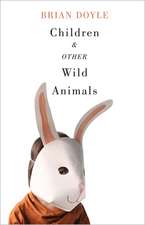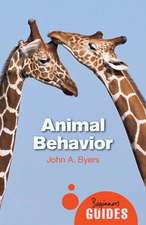Tool Use and Causal Cognition: Consciousness & Self-Consciousness Series
Editat de Teresa McCormack, Christoph Hoerl, Stephen Butterfillen Limba Engleză Hardback – 24 aug 2011
Preț: 450.54 lei
Preț vechi: 621.54 lei
-28% Nou
Puncte Express: 676
Preț estimativ în valută:
86.22€ • 89.47$ • 72.07£
86.22€ • 89.47$ • 72.07£
Carte tipărită la comandă
Livrare economică 04-10 martie
Preluare comenzi: 021 569.72.76
Specificații
ISBN-13: 9780199571154
ISBN-10: 0199571155
Pagini: 272
Dimensiuni: 175 x 240 x 36 mm
Greutate: 0.55 kg
Editura: OUP OXFORD
Colecția OUP Oxford
Seria Consciousness & Self-Consciousness Series
Locul publicării:Oxford, United Kingdom
ISBN-10: 0199571155
Pagini: 272
Dimensiuni: 175 x 240 x 36 mm
Greutate: 0.55 kg
Editura: OUP OXFORD
Colecția OUP Oxford
Seria Consciousness & Self-Consciousness Series
Locul publicării:Oxford, United Kingdom
Notă biografică
Teresa McCormack is Professor of Developmental Psychology at the School of Psychology, Queen's University Belfast. She was co-director of the AHRC-funded project on Causal Understanding based at the University of Warwick. Her research primarily addresses issues concerning children's temporal and causal cognition. She has published two co-edited interdisciplinary books: Time and Memory: Perspectives in Philosophy and Psychology (OUP, 2001), with C. Hoerl, and Joint Attention and Communication (OUP, 2005), with N. Eilan, C. Hoerl, and J. Roessler. A further volume entitled Understanding Counterfactuals, Understanding Causation, co-edited with C. Hoerl and S. Beck is forthcoming with OUP.Christoph Hoerl is Associate Professor (Reader) in Philosophy at the University of Warwick. Between 2004 and 2008, he was co-director (with Teresa McCormack and Johannes Roessler) of the interdisciplinary AHRC Research Project 'Causal Understanding: Empirical and Theoretical Foundations for a New Approach'. With Teresa McCormack and Sarah Beck, he is co-editor of Understanding Counterfactuals, Understanding Causation (OUP, forthcoming).Stephen Butterfill is Associate Professor in Philosophy at the University of Warwick. His research focuses on philosophical issues in developmental psychology.
